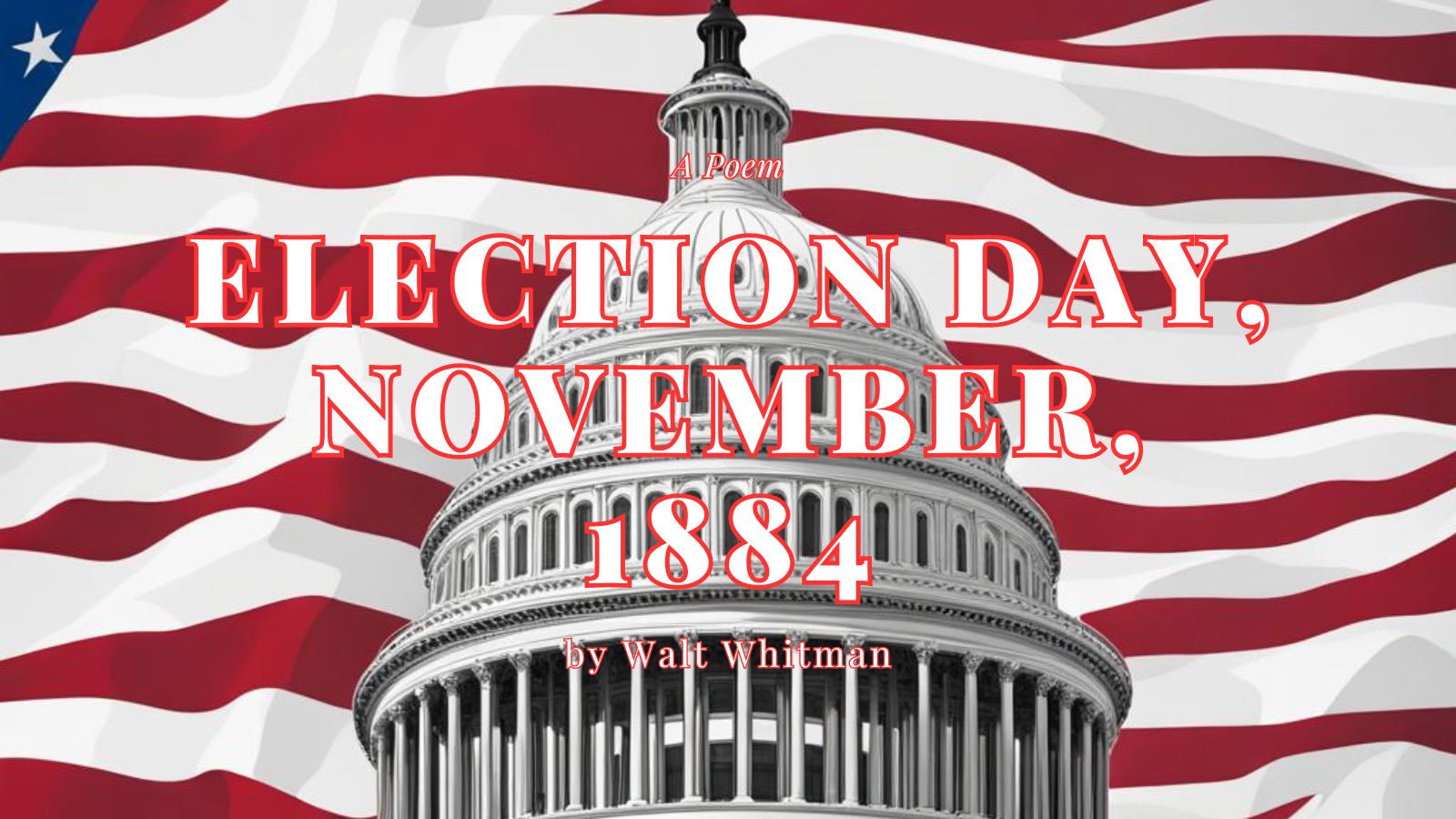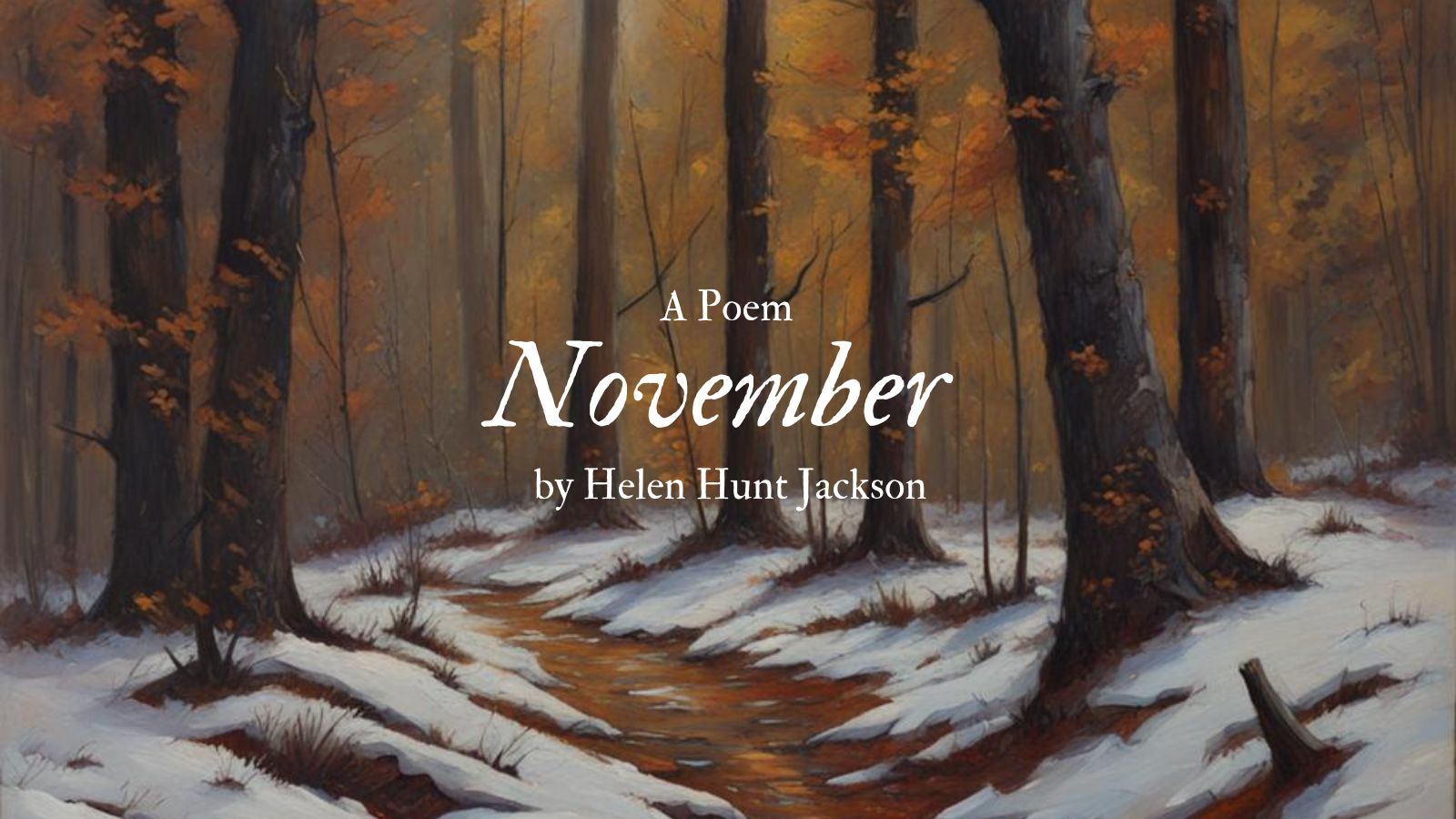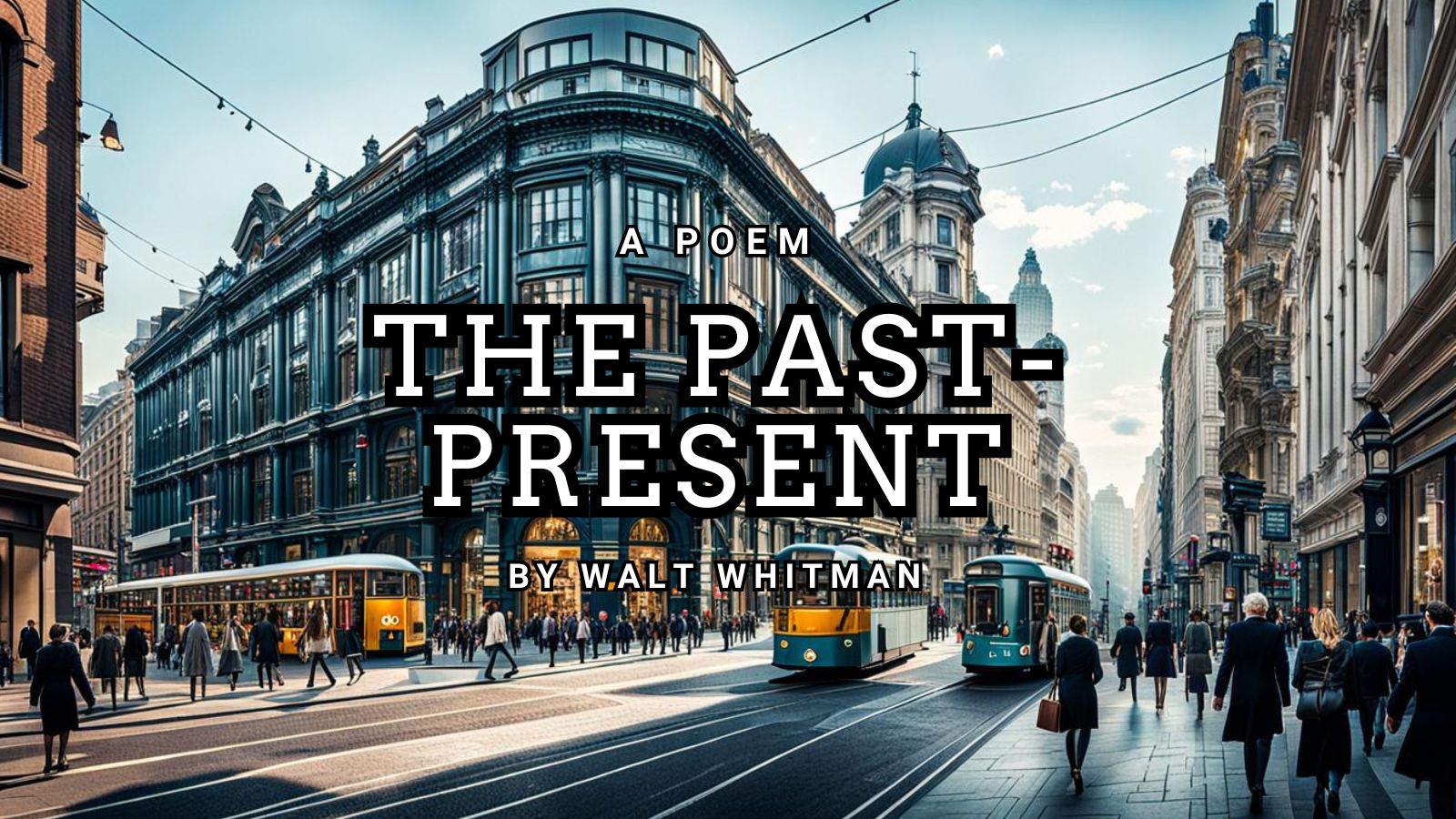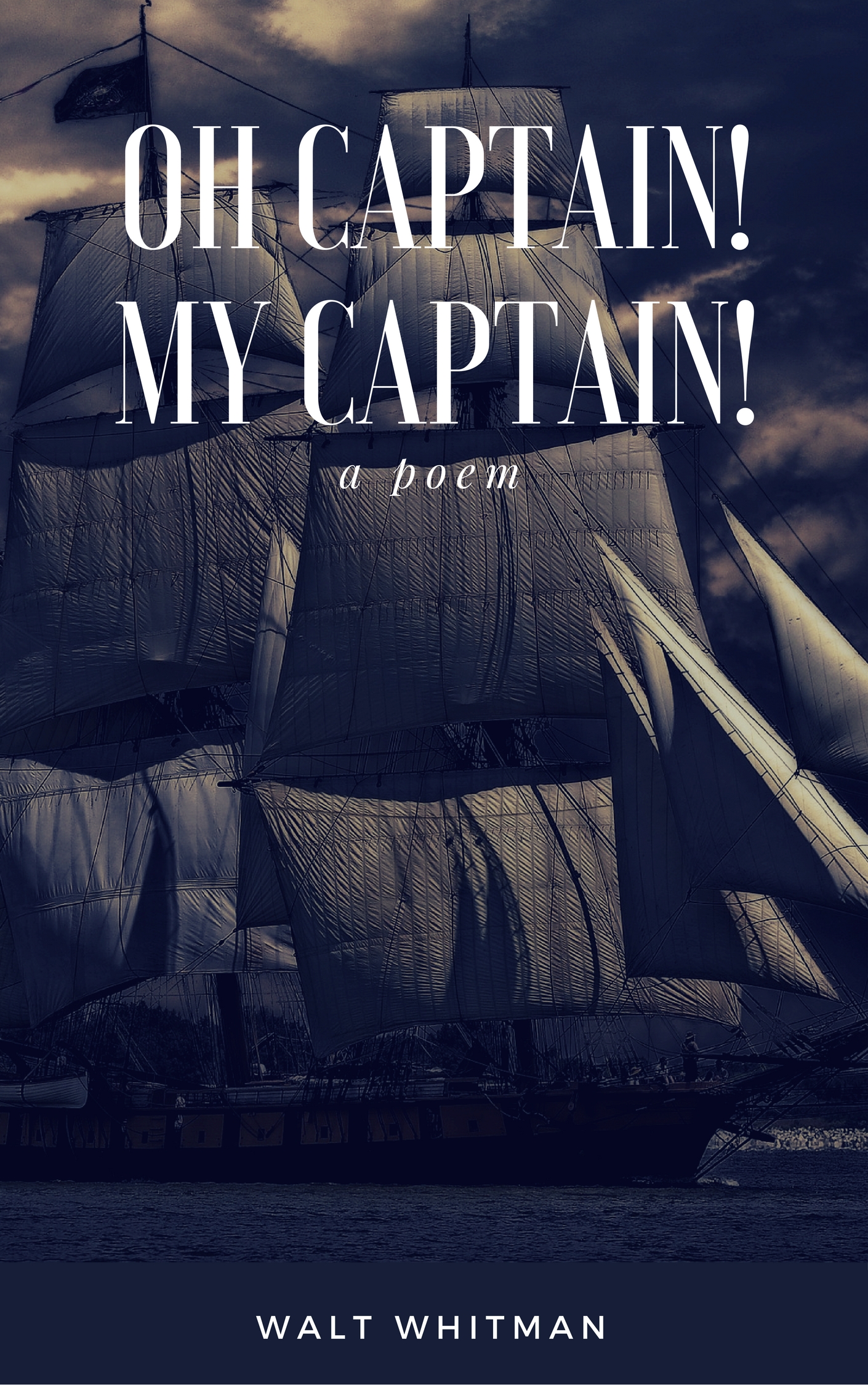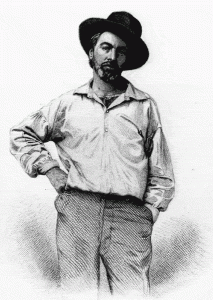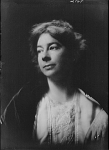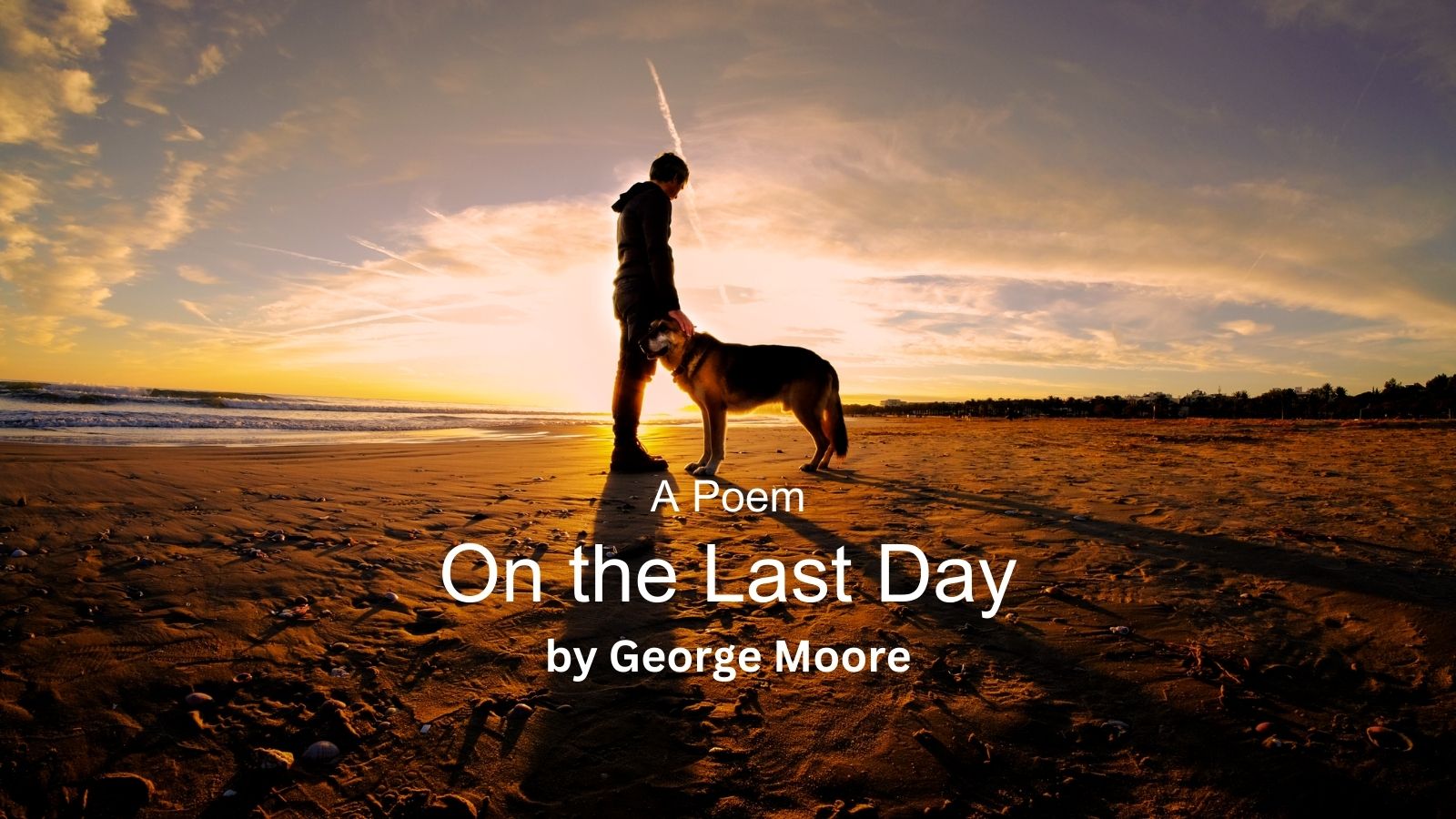Election Day, November, 1884
Walt Whitman
If I should need to name, O Western World, your powerfulest scene and show,
’Twould not be you, Niagara—nor you, ye limitless prairies—nor
your huge rifts of canyons, Colorado,
Nor you, Yosemite—nor Yellowstone, with all its spasmic
geyser-loops ascending to the skies, appearing and disappearing,
Nor Oregon’s white cones—nor Huron’s belt of mighty lakes—nor
Mississippi’s stream:
—This seething hemisphere’s humanity, as now, I’d name—the still
small voice vibrating—America’s choosing day,
(The heart of it not in the chosen—the act itself the main, the
quadriennial choosing,)
The stretch of North and South arous’d—sea-board and inland—
Texas to Maine—the Prairie States—Vermont, Virginia, California,
The final ballot-shower from East to West—the paradox and conflict,
The countless snow-flakes falling—(a swordless conflict,
Yet more than all Rome’s wars of old, or modern Napoleon’s:) the
peaceful choice of all,
Or good or ill humanity—welcoming the darker odds, the dross:
—Foams and ferments the wine? it serves to purify—while the heart
pants, life glows:
These stormy gusts and winds waft precious ships,
Swell’d Washington’s, Jefferson’s, Lincoln’s sails.
###
Walt Whitman (1819-1892) was one of the most influential and innovative poets of the 19th century. He was born in Long Island, New York and had a limited formal education. As a young man he worked as a printer’s apprentice and schoolteacher before turning to journalism and creative writing.
In 1855, Whitman self-published his collection of poems Leaves of Grass, which he would revise and expand throughout his life. The poems were written in free verse without traditional rhyme or meter, which was highly experimental at the time. Leaves of Grass contained Whitman’s most famous poem, “Song of Myself,” which celebrates the self, the union of body and soul, and the universal humanity that connects all people.
Whitman led a nomadic lifestyle, working odd jobs across America while continuously revising and expanding Leaves of Grass. His poetry celebrated democracy, individualism, and the beauty of nature and the human body. He became known as America’s “poet of democracy.” Though controversial in his lifetime for his innovative style and treatment of taboo subjects like sexuality, Whitman is now considered one of America’s most influential poets. Major works include Leaves of Grass, “Song of Myself,” “I Sing the Body Electric,” and poems about the Civil War and Lincoln such as “O Captain! My Captain!” Whitman died in Camden, New Jersey at age 72. His poetry has left a lasting impact on world literature.
